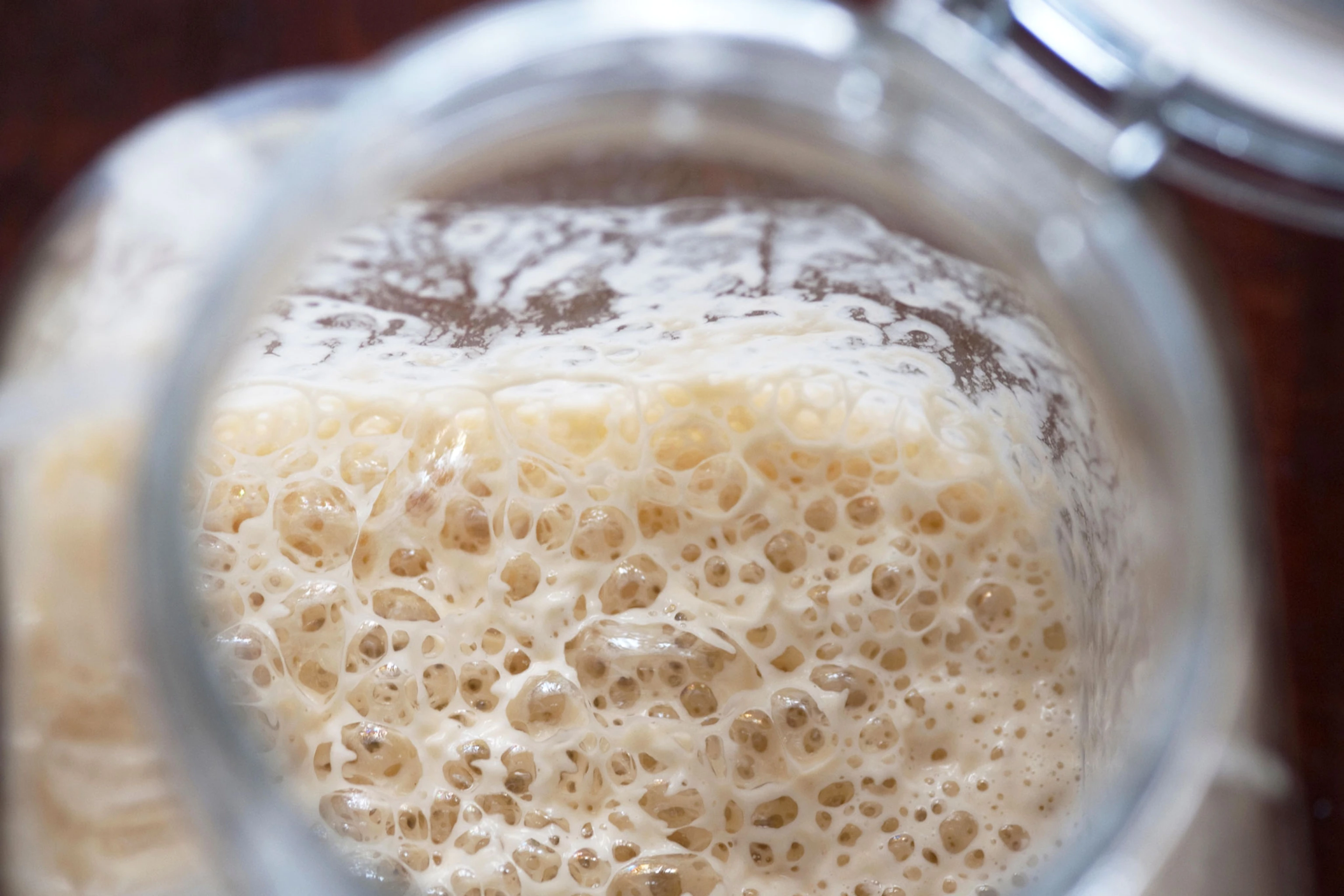I half-jokingly call myself a post-pasteurian. What does that mean? This term was originally used in the raw milk/cheese industry to describe those who believe that pasteurisation makes food less healthy, and - consequently, from a holistic perspective - less safe.
This stance is often perceived as controversial, because, according to the so-called germ theory of disease, illness is caused by specific microorganisms labelled as “pathogenic”. Thus, pasteurians (after Louis Pasteur) believe that the best way to prevent disease is by reducing one’s exposure to pathogens, and this often means to sterilise (pasteurise in the case of food) most things we get in touch with, especially food. As a consequence, foods and materials that support microbial life are often considered unsafe.

Some of you will have heard the extraordinary story of sister Noella Marcellino, “the cheese nun”. If you haven’t, please take the time to read about her. This amazing Benedictine nun, with a PhD in microbiology, has been making traditional French raw cheese for several decades, alongside her fellow nuns at the Abbey of Regina Laudis, in Connecticut. When told that they had to replace their wooden utensils and vats with stainless steel ones, to comply with hygiene regulations, four nuns decided to get PhD’s in microbiology, plant science, zoology and agronomy. They knew all too well that removing the wooden microbial habitat from their process wasn’t going to make the cheese any safer, but, in fact, worse. They also knew that no amount of arguing (or watching Youtube videos and Telegram channels) would give them the tools to address the inspectors with evidence rather than opinions.
Armed with the experience made during her PhD studies, Noella finally ran a revealing experiment. She made two batches of cheese - one in a stainless-steel vat, the other in a wooden barrel - and inoculated them with *E. coli.* The results were as clear as they were counter-intuitive. In the cheese from the sterile vat, *E. coli* populations thrived even after the cheese had ripened; in the cheese from the wooden barrel, they gradually died off.
If you work in and with natural systems, this doesn’t come as a surprise at all. Health is based upon complexity, diversity, synergy, not sterility. A strong, resilient community is adapted to its habitat, ready to include new collaborative members, and equipped to challenge opportunistic guests.
A sterile, dead community isn’t healthy, because there isn’t such a thing as a dead community: microbial or human. That’s why raw, living cheeses are amongst the safest foods on the market (even, now, according to the FDA!)
Not only are pathogens few in nature (only 5% of the known bacteria species cause diseases in humans), they are just microbes that happen to play the important role of cleaning up the ecosystem, by attacking weak individuals and infiltrating their unbalanced communities of microbes. When they are bounced back by the microbiome of a gut, a rhizosphere or by our immune system, they act as sparring partners, thus turning into a resource for the organism they attack.
So, yes, you could say that I am a post-pasteurian. I eat dirty carrots and welcome microbes in my gut, on my skin, in my life in any form, shape and at any opportunity. I see stains as badges of honour, and dirt on one’s hands as a sign of respect. The smell of geosmin makes me happy, as do the sight of a dog bathing into a puddle and the excitement a child digging into a cowpat.
I’ve talked about this in the past, and now as then I must warn you not to listen to me when it comes to human health - I don’t know how you function, so I wouldn’t dream of telling you what’s best for you to do. I can only humbly invite you to observe and learn from nature, starting from the closest, smallest scale that is relevant to you. And wish for the unexpected.







Comments